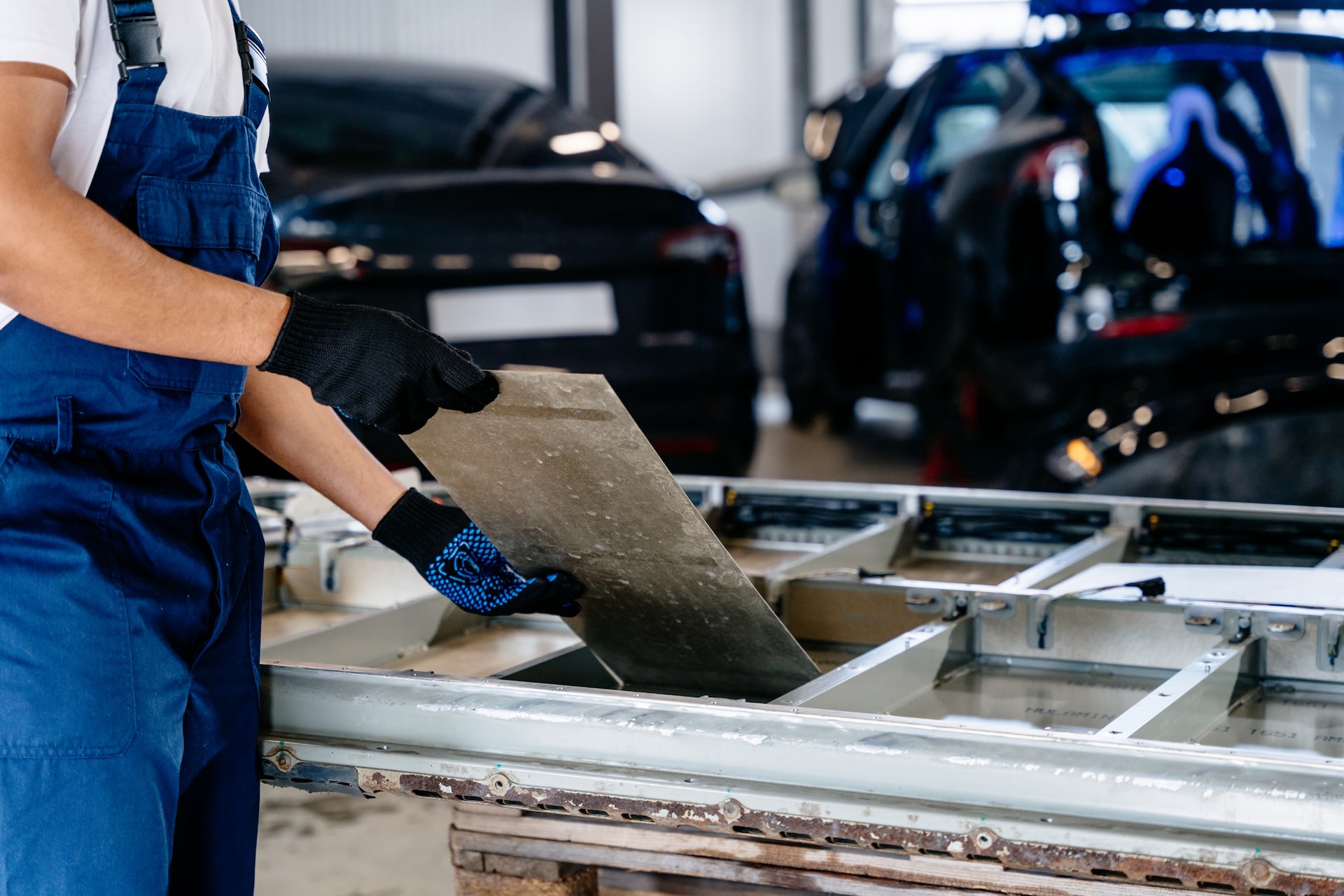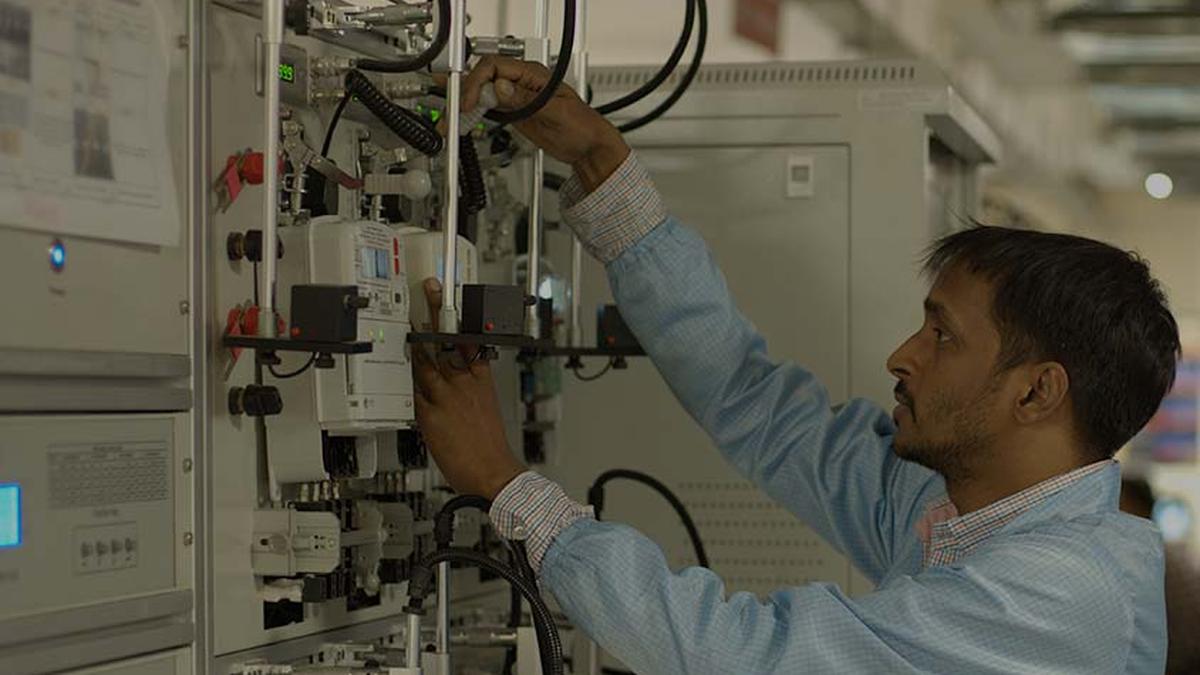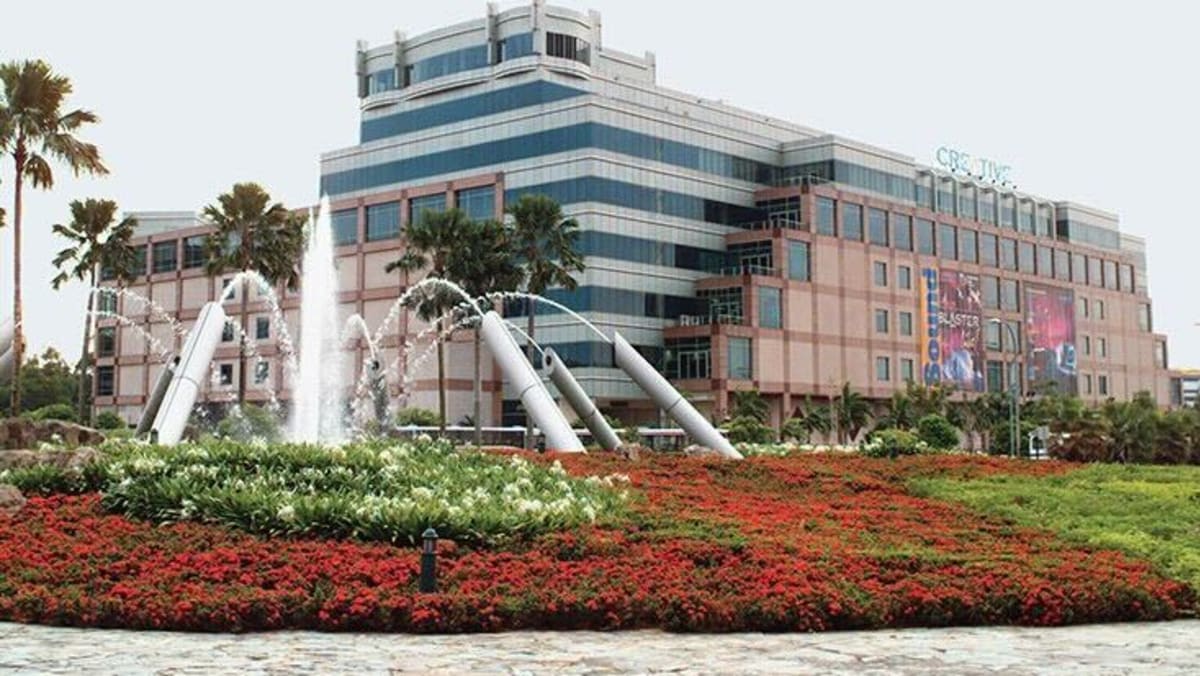CATL Leads the Charge: Sodium-Ion Batteries Go into Mass Production, Potentially Replacing Lithium-Ion

Singapore - The electric vehicle (EV) revolution just got a significant boost. Contemporary Amperex Technology Co. Limited (CATL), the world's largest battery manufacturer, has announced the commencement of mass production of sodium-ion batteries – a groundbreaking development poised to challenge the dominance of lithium-ion technology.
For years, lithium-ion batteries have been the undisputed champions of the energy storage world, powering everything from smartphones to electric cars. However, lithium-ion batteries face challenges related to resource scarcity, cost fluctuations, and safety concerns. Sodium-ion batteries offer a compelling alternative, leveraging the abundance and even distribution of sodium, a far more accessible element than lithium.
Why Sodium-Ion? A Game Changer for EVs and Beyond
CATL’s move to mass production signifies a major leap forward for sodium-ion technology. Here's why this is significant:
- Resource Abundance: Sodium is vastly more abundant than lithium, reducing reliance on geographically concentrated sources and mitigating supply chain vulnerabilities.
- Cost-Effectiveness: The lower cost of sodium compared to lithium translates to potentially cheaper batteries, making EVs more accessible to a wider range of consumers.
- Enhanced Safety: Sodium-ion batteries generally exhibit better thermal stability and are less prone to thermal runaway, enhancing safety in EVs and other applications.
- Performance Improvements: While early sodium-ion batteries lagged behind lithium-ion in energy density (the amount of energy stored per unit of weight), advancements in technology are rapidly closing the gap. CATL's latest generation sodium-ion batteries are demonstrating impressive performance characteristics.
CATL's Technological Advancement: A 'Key Development'
CATL’s announcement isn't just about starting production; it’s about achieving a significant technological breakthrough. The company has invested heavily in research and development, overcoming previous limitations of sodium-ion technology. This 'key development,' as industry experts are calling it, involves innovative electrode materials and cell designs that dramatically improve energy density and cycle life.
Impact on the EV Market and Beyond
The widespread adoption of sodium-ion batteries could reshape the EV landscape. They are particularly well-suited for applications where weight isn't the primary concern, such as electric buses, energy storage systems (ESS), and low-speed electric vehicles. As the technology matures and energy density continues to improve, sodium-ion batteries could even compete with lithium-ion in passenger EVs.
Looking Ahead: The Future of Battery Technology
CATL’s move to mass production is a watershed moment for the battery industry. It validates the potential of sodium-ion technology and paves the way for a more sustainable and resilient energy storage future. While lithium-ion batteries will likely remain dominant in certain applications for the foreseeable future, sodium-ion batteries are poised to play an increasingly important role in powering the world’s transition to clean energy. This development underscores CATL’s commitment to innovation and its leading position in the global battery market.





